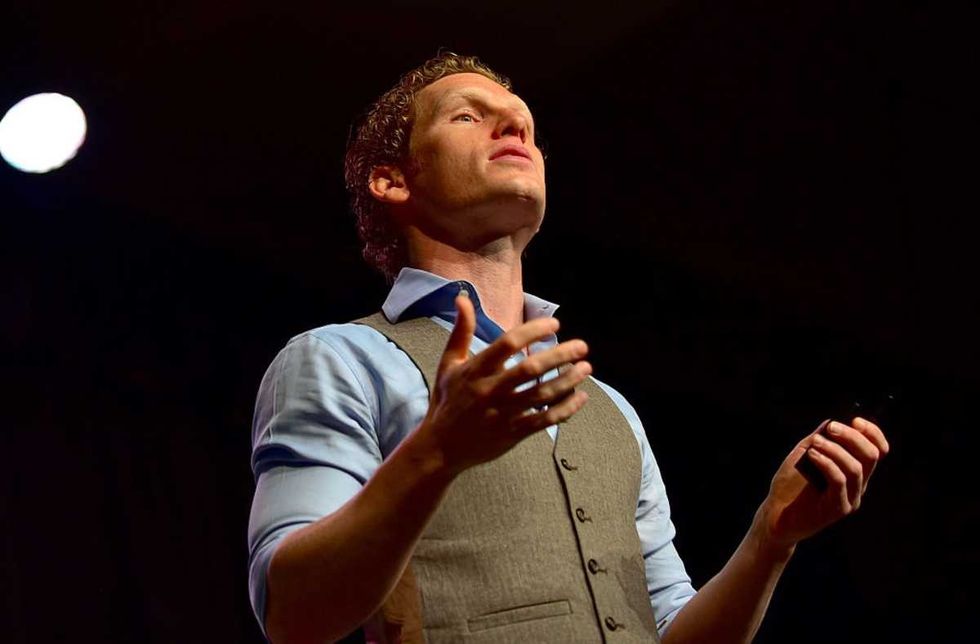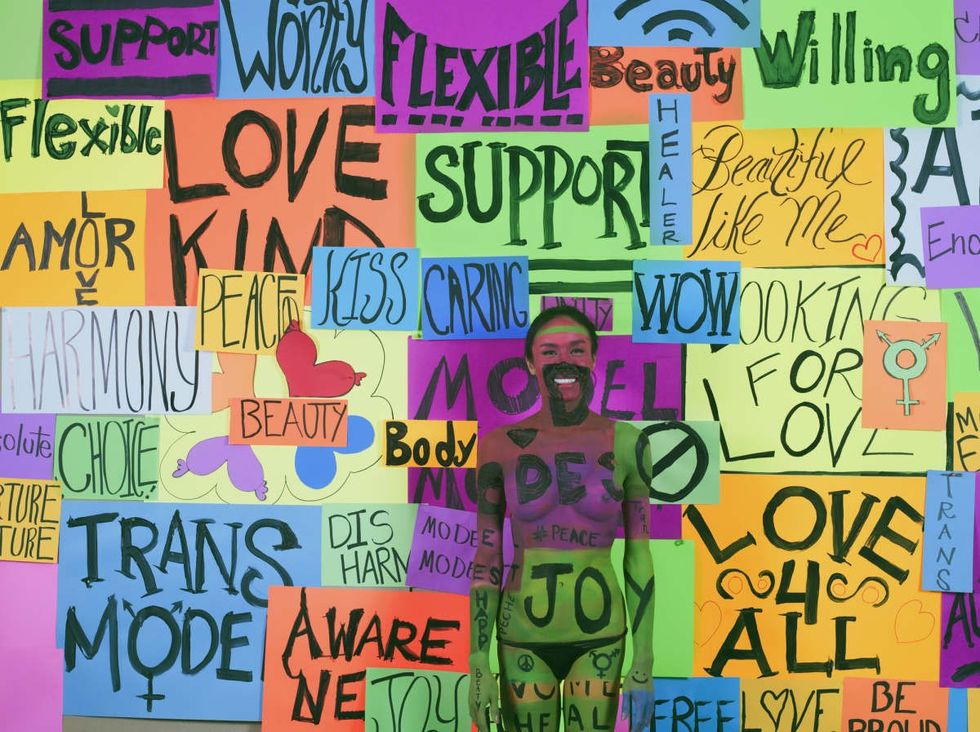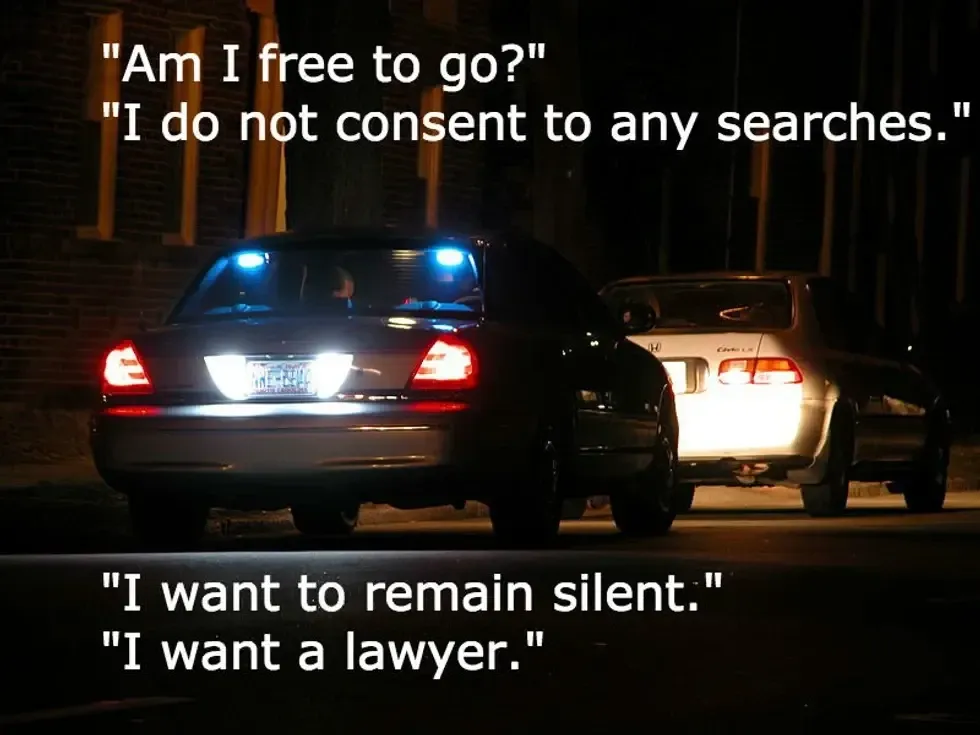Words are more than just letters strung together—they carry the power to influence and inspire. Jonah Berger, an Ivy League professor, explores this power in his bestselling book "Magic Words: What to Say To Get Your Way." He reveals how simple words, like the seven-letter “because” or six-letter “helper,” can shift mindsets, inspire action, and change people’s perspectives.

Apart from being the author of “Magic Words,” Berger is a marketing professor at the Wharton School of the University of Pennsylvania. Speaking to Big Think, Berger brings up the example of a Stanford University study from the 1960s. The researchers asked a group of three-to-five-year-old preschool kids to clean up a messy classroom. On the floor were scattered crayons, toys, books, and other things. So they asked the kids to help clean it up.
Some children were asked, “Can you help clean?" For the second group of kids, the team slightly tweaked the language. These kids were asked, “Would you mind being a helper and cleaning up the classroom?” The difference between “asking for help (verb)” and “asking for being a helper (noun)” is small, just an addition of two letters, said Berger. But these two letters increased 30 percent of their likelihood of helping.
In another example he shared with CNBC Make It, he brought up a 50-year-old study from Harvard University. In this study, researchers sat in the university library and waited for someone to use the photocopy machine. They used three ways to ask people to use it. Some people were asked, “May I use the Xerox machine?” Others were asked, “May I use the Xerox machine because I have to make copies?” And the third strategy was, “May I use the Xerox machine because I’m in a rush?”

Like the word “helper” in the preschoolers-based research, here, the word “because” acted as a magic word, and made people 50 percent more likely to use the copy machine. No wonder, beauty giants like L’Oreal Paris have been using the slogan “Because you’re worth it” to attract women all over the world to use their products. Advertisers use it all the time.
According to Berger, there is a simple reason why these simple words like “helper” or “because” work like magic. “It turns out it comes down to the difference between ‘actions’ and ‘identities,’” Berger told Big Think. “By turning actions into identities, we can make people much more likely to engage in desired actions.” Elaborating on this, he said, that everyone wants to feel smart. So, people usually like being called “hard worker” than “hardworking.” He threw in the examples of Donald Trump and Steve Jobs mentioning how their usage of a lot of “definites” in their speeches makes people pay attention to them.
On the flip side, speakers who use a lot of fillers like “uhm” and “uh” in their communication appear to lack clarity about what they want to communicate. The communication superpower is not just about having great ideas. One must be able to present these ideas in a language that would evoke people’s attention. “You could have excellent ideas, but excellent ideas aren’t necessarily going to get people to listen to you,” Berger told CNBC. “Subtle shifts in our in our language can have a really big impact.”


















 2014 Toyota Corolla LED Headlight
2014 Toyota Corolla LED Headlight
 Image by Ildar Sajdejev via GNU Free License | Know your rights.
Image by Ildar Sajdejev via GNU Free License | Know your rights.


 Bill Gates Swag GIF
Bill Gates Swag GIF File:Bill Gates mugshot.png - Wikipedia
File:Bill Gates mugshot.png - Wikipedia
 Representative Image Source: Pexels| Enzo Varsi
Representative Image Source: Pexels| Enzo Varsi Representative Image Source: Pexels| Markus Spiske
Representative Image Source: Pexels| Markus Spiske Representative Image Source: Pexels| Nguyen Huy
Representative Image Source: Pexels| Nguyen Huy Representative Image Source: Pexels| Ana Benet
Representative Image Source: Pexels| Ana Benet
 Representative Image Source: Pexels | Anastasia Shuraeva
Representative Image Source: Pexels | Anastasia Shuraeva Representative Image Source: Pexels | Liza Summer
Representative Image Source: Pexels | Liza Summer Representative Image Source: Pexels | Yankrukov
Representative Image Source: Pexels | Yankrukov Representative Image Source: Pexels | Shkrabaanthony
Representative Image Source: Pexels | Shkrabaanthony Image Source: TikTok |
Image Source: TikTok |  Image Source: TikTok |
Image Source: TikTok |